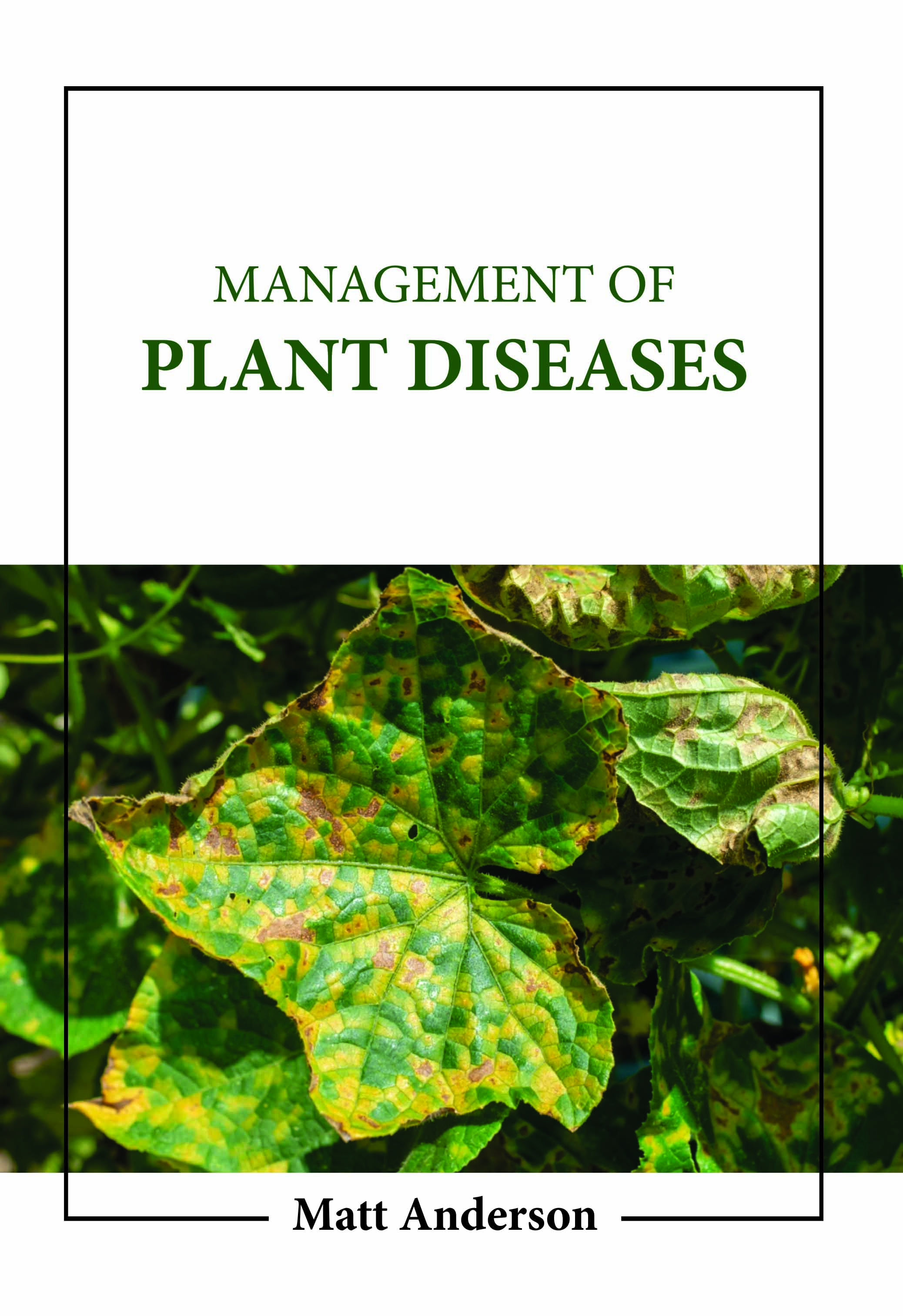
Management of Plant Diseases
by Matt Anderson
| ISBN | 9781806247325 |
|---|---|
| Publisher | Digital Drive Learning |
| Copyright Year | 2026 |
| Price | $256.00 |

by Matt Anderson
| ISBN | 9781806247325 |
|---|---|
| Publisher | Digital Drive Learning |
| Copyright Year | 2026 |
| Price | $256.00 |
The scientific study of plant illness brought on by pathogens (infectious diseases) and environmental factors is known as plant pathology (physiological factors). Fungi, oomycetes, bacteria, viruses, viroids, virus-like organisms, phytoplasmas, protozoa, nematodes, and parasitic plants are examples of the organisms that cause infectious diseases. Plant resistance that prevents disease development and its development is not well understood. Molecular plant pathology offers the right diagnostic tools and strategies for locating the responsible parties and introducing plant resistance. Reducing the economic and aesthetically damaging effects of plant diseases is the aim of plant disease management. Plant disease control has historically been used to describe this, but modern social and environmental norms view "control" as an absolute and the term as being overly restrictive. However, this mentality change has led to the development more comprehensive and integrated illness management strategies. Single, frequently harsh measures like applying pesticides, fumigating the land, or burning are no longer frequently used. Furthermore, rather than using a calendar or a prescription, illness management practices are frequently chosen based on disease forecasting or disease modeling. Although it is frequently difficult to discern between the two notions, especially in applying specific interventions, disease management may be considered proactive while disease control is reactive. In order to meet the needs of students, this book has been formatted to cover a variety of plant pathology topics.